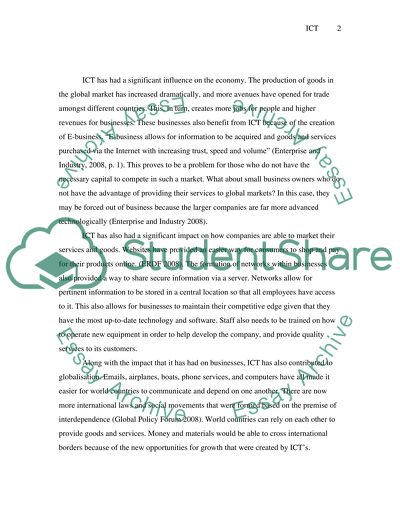Cite this document
(“ICT's in a global context Article Example | Topics and Well Written Essays - 2250 words”, n.d.)
ICT's in a global context Article Example | Topics and Well Written Essays - 2250 words. Retrieved from https://studentshare.org/science/1515229-icts-in-a-global-context
ICT's in a global context Article Example | Topics and Well Written Essays - 2250 words. Retrieved from https://studentshare.org/science/1515229-icts-in-a-global-context
(ICT'S in a Global Context Article Example | Topics and Well Written Essays - 2250 Words)
ICT'S in a Global Context Article Example | Topics and Well Written Essays - 2250 Words. https://studentshare.org/science/1515229-icts-in-a-global-context.
ICT'S in a Global Context Article Example | Topics and Well Written Essays - 2250 Words. https://studentshare.org/science/1515229-icts-in-a-global-context.
“ICT'S in a Global Context Article Example | Topics and Well Written Essays - 2250 Words”, n.d. https://studentshare.org/science/1515229-icts-in-a-global-context.


